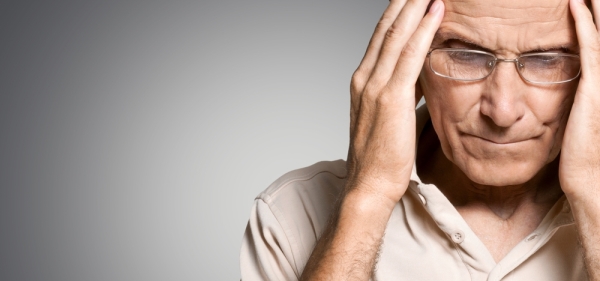New research shows that stroke is not just a disease for the elderly, with the study revealing that one in every four strokes now occurs to people aged 65 years and under.
A stroke occurs when blood supply to the brain is stopped by a clot or bleeding. It is the third most common cause of death after heart disease and dementia. It is believed that the worldwide rates of stroke are increasing due to chronic conditions such as obesity, high blood pressure and diabetes.
Terry Kennedy is one of the better survival stories. At age 32, he experienced an unexpected stroke and heart attack that left him unable to see, walk or talk.
Determined not to let his diagnosis get the better of him, Mr Kennedy set about getting back on his own two feet. During his first eight weeks of rehabilitation, Mr Kennedy became aware of how young he was compared to his fellow stroke survivors.
“I was the youngest person there, by far,” Kennedy recalls. “And while I get it’s important to know how to make a cup of tea, or fold clothes, all I wanted to do was walk and run again.”
“The results from surveys of young stroke – both here and overseas – are absolutely consistent,” says Nick Rushworth, executive officer of Brain Injury Australia. “They just don’t get the kind, the frequency or the duration of therapy supports appropriate for their age, especially in the areas of cognitive functioning, psychological well-being and return-to-work.”
Mr Kennedy wanted more from his rehab. He challenged himself to be able to do the things he could do before he had his stroke. So he forked out more that $10,000 of his own money to get the physiotherapy and fitness training he felt he needed.
Just over a year later, he completed one of the world’s most grueling endurance events – the Ironman World Championship in Hawaii – which consists of a 4km swim, a 180km bike ride, and a 42km run.
Mr Kennedy may have survived his stroke and even surpassed expectations of rehabilitation, but his battle with the effects of stroke continues.
Although stroke can affect people in different ways, Mr Kennedy’s story provides hope for the many Australians who have fallen victim to this debilitating brain condition.
To help Aussies learn more about young stroke, Brain Injury Australia has released a paper that you can download here.
For more information about stroke and Brain Injury Awareness Week, please visit www.braininjuryaustralia.org.au
Related articles:?
How to prevent a stroke?
How to recognise a stroke?
Stroke stats in your postcode

